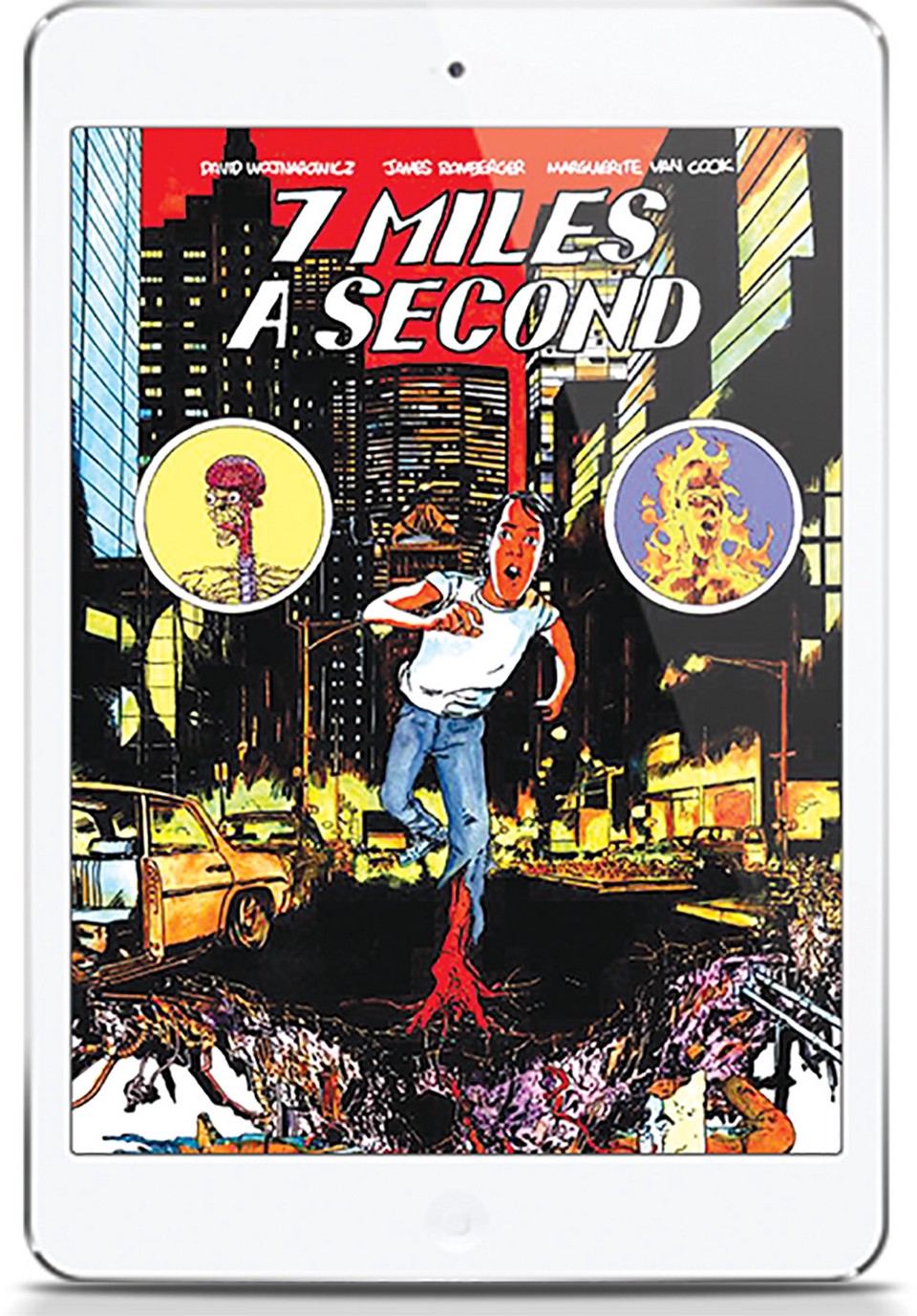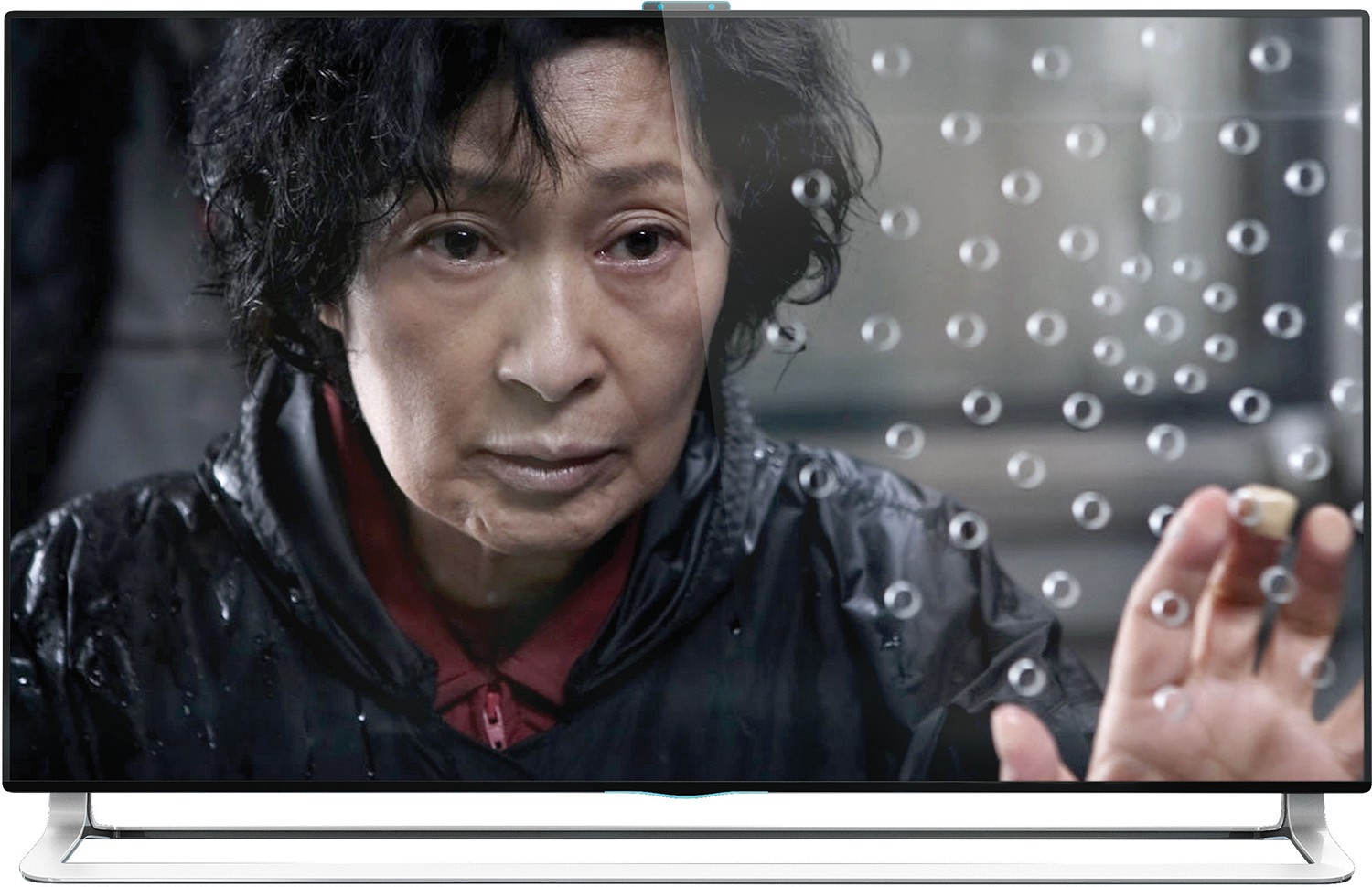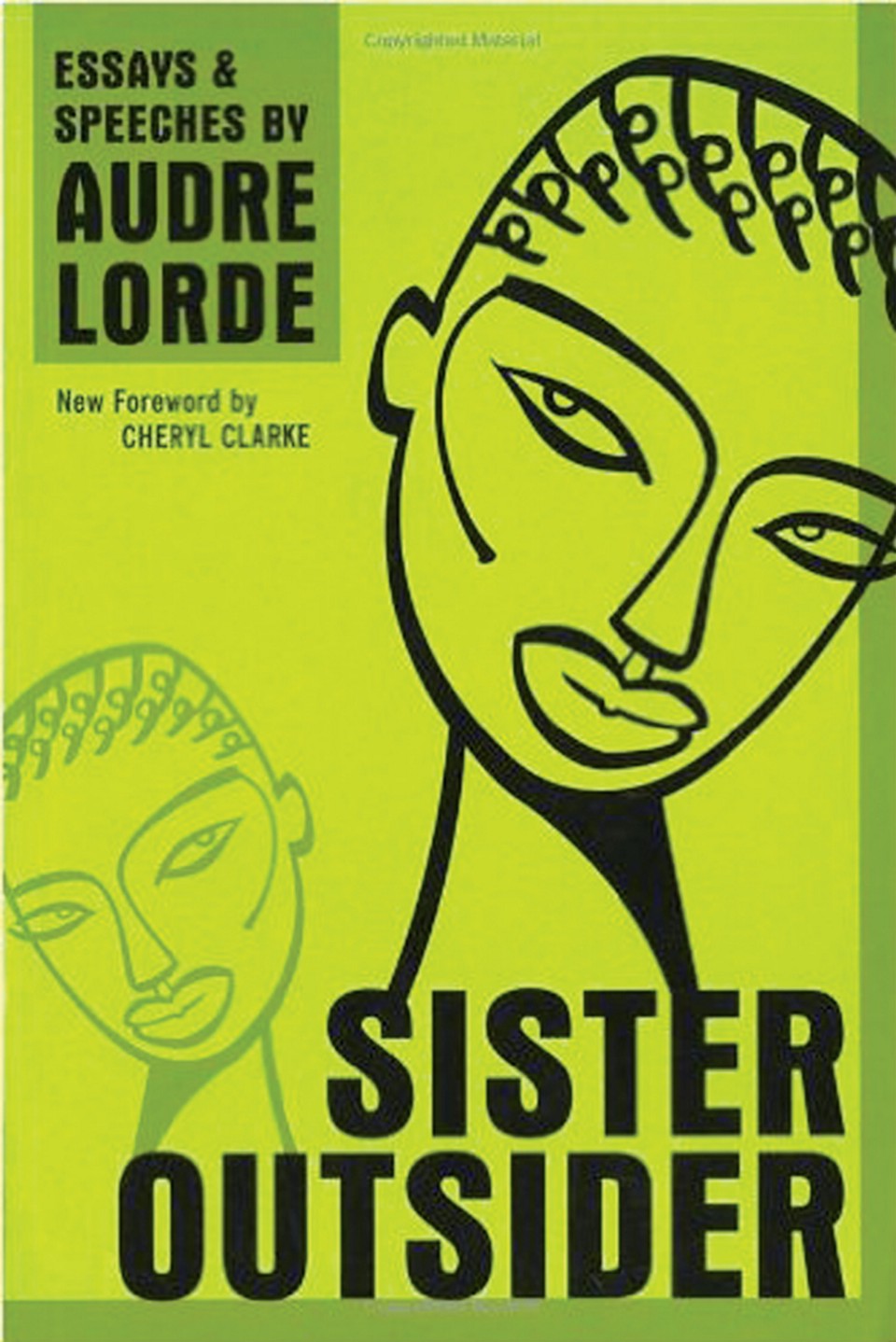In novels, short stories, and essays, writer and novelist Alexander Chee has given voice to marginalized voices and repressed experiences throughout history. In his two novels, Edinburgh and Queen of the Night, Chee writes respectively from the perspective of a gay boy traumatized into silence by a sexual assault, and that of a 19th-century star of the Paris Opera keeping mum about her secret past as a prostitute, prisoner, and servant—all incriminating aliases for a woman who has ascended in a highly stratified society. In essays for Granta, Apology, and the New Republic, Chee is remarkably open about his own ascent as a writer who identifies as queer and Korean American, alternately writing about his time spent moonlighting as a cater-waiter for a socially conservative client and reflecting on his activism with AIDS advocacy organization ACT UP. Chee champions up-and-coming artists as a curator for New York’s Ace Hotel Dear Reader series; this fall, he will join Dartmouth College as an associate professor of creative writing.

Memoir
China Men: Maxine Hong Kingston’s sequel to her debut memoir tells the stories that her female-centric first book, The Woman Warrior, didn’t: the personal histories of the men in her family. Acclaimed but perhaps less renowned than its antecedent, China Men is “about the silences of the men in her family,” Chee says.
Why: “This hybrid act of fiction and autobiography had her writing her way into those silences, trying to imagine what these men had been through in leaving China for America. The result is a tour de force, and will greatly expand anyone’s sense of the history of Chinese immigration and the creation of Asian America.”
Poetry Collection
Love Alone: 18 Elegies for Rog: In the five months after his lover died from AIDS, and about eight years before he would as well, the poet, memoirist, and gay-rights activist Paul Monette wrote a series of poems dedicated to his beloved Roger Horowitz, or “Rog.” He told readers to file the work under “AIDS” instead of poetry: The collection, he wrote, was intended “for those who are mad with loss.”
Why: “These are love poems as big as this country in their scope, and his sense of the era’s mix of love and apocalypse felt, at the time, like some of the only truth you could find on the topic. They stand up and thus remain as an astonishing poetic documentary of those times as well.”

(Photo: Fantagraphics)
Graphic Memoir
7 Miles a Second: After writer and visual artist David Wojnarowicz died of AIDS-related complications in 1992, two of his friends decided to finish the graphic memoir they’d been working on with him. Four years later, James Romberger and Margaret Van Cook released 7 Miles a Second, which chronicled Wojnarowicz’s hardscrabble childhood in New York City through his battle with AIDS—“an epic act of love and memory,” Chee says.
Why: “David tried to do the seemingly impossible and with their assistance, pulled it off: This is a report from inside his decline into death. The final result is an unforgettable trip into the last moments of this genius’ life, as he rages at the fatal mix of government inaction, homophobia, and bigotry that he had faced his whole life, and remembers a life lived along the edges of society as he tried to survive, love, and make art.”
Comic Book Series
Love and Rockets: Now in its third run, this comic book series by brothers Gilbert, Jaime, and Mario Hernandez originated in 1981 as a self-produced magazine. Now embraced as a cult classic, the sprawling anthology series focuses primarily on two magical-realist storylines taking place in two fictional towns in California and Latin America, respectively.
Why: “[These] are audacious, big-hearted stories about love, belonging, family, desire, immigrant identity, social class, and friendship, and as an act of world-building they are really only surpassed, perhaps, by Emile Zola’s Les Rougon-Macquart novels.”
Graphic Novel
Epileptic: French comic book artist and writer David B.’s autobiographical graphic novel, a collection of comic strips published from 1996 to 2003, recounts his brother’s epilepsy from its onset in the 1960s to the present day. The memoir charts the Beauchard family’s search for an alternative-medicine cure across Europe—from commune life to macrobiotic masseuses to spiritualists—and the evolution of the two boys’ relationship during their travels.
Why: “The boys develop an intense bond, and the stories they tell each other as a part of their world of play—which is also how they survive the many moves—alternate with the stories of the cures and the belief systems each requires the family to adopt. David B. is unsparing in his descriptions of his youthful ignorance and anger, and he reaches for a whole new level of love for his brother—and for human existence itself—in the process.”
Comic Book
Big Questions: Anders Nilsen’s celebrated comic—first self-published in 1999—focuses on a group of birds that discover a giant plane that has crash-landed in the yard of an elderly woman and her grandson. When some of the birds mistake a bomb for a giant egg waiting to be hatched, “this decision divides the birds in ways that seem likely to tear their lives apart forever,” Chee says.
Why: “Anders Nilsen is one of my favorite comics artists, and this is an epic journey. The birds have philosophical discussions about love, existence, and death. There are cameo appearances by an unforgettable owl, a snake with divine powers of prophecy, and then, of course, there is the story of the pilot, the elderly woman, and her grandson.”
Autobiography
Dicteé: “Autobiography” doesn’t quite do justice as a categorization for Korean-American avant-garde artist and poet Theresa Hak Kyung Cha’s 1982 Dicteé, which blends elements of memoir, poetry, and literary criticism. Written in French, Korean, English, and Chinese, and divided into nine parts, each dedicated to a Greek Muse, Cha’s book “enlarges the notion of what a book is,” Carole Maso wrote in 1996 in Spin magazine.
Why: “Cha is an important Asian-American avant-garde artist and poet, and this is widely considered her masterpiece: Cha creates a patchwork out of the identities of her mother, Joan of Arc, the Greek Muses, Persephone, and the Korean revolutionary Yu Guan Soon, in an attempt to describe her relationship to her art and life. To read it is to feel you are watching a genius write herself into existence, as a way of surviving the Korean diaspora.”

(Photo: CJ Entertainment)
Film
Mother: Korean film director Bong Joon-Ho’s 2009 film centers on a mother who investigates the murder of a girl found on a rooftop after her son—a boy with an intellectual disability—is accused of the crime. If that seems like a fairly standard dramatic premise, the plot “goes to astonishing lengths,” Chee says.
Why: “The film is a favorite of mine, structurally, for the way its dark heart is hidden and then revealed, but it is also an astonishing film, as much about social class, aging, and mental health as it is about a mother’s love for her son.”
Novel
Go Tell It on the Mountain: James Baldwin’s 1953 semi-autobiographical novel follows a 14-year-old boy as he comes to terms with his sexuality and spirituality one Saturday in Harlem in 1935. The book begins with the boy’s realization that he has committed a major sin; it ends with a hallucination that the boy believes will usher in his salvation.
Why: “Baldwin’s debut novel is as timely as ever. The story of a young man who feels he must follow in his father’s footsteps as a Harlem preacher even as he feels incapable of it, pulled toward other callings that seem as impossible as being saved, is a pure pleasure, as well as an education in life under the constraints of structural racism in the United States.”
Poetry Collection
The Hang-Glider’s Daughter: New York poet and activist Marilyn Hacker has been described as a “radical formalist,” blending contemporary and colloquial language with traditional literary forms. Headlining this collection of 1990 poems, Marilyn writes from the perspective of daughter of a 40-year-old hang-glider who is preoccupied with more earthly concerns than he—a metaphor, Hacker has said, for the experience of the female artist.
Why: “These poems of feminism, lesbian life, activism, and love made me a braver writer and a better person even as they educated me on the struggles of the generation of queer activists before me.”

(Photo: Crossing Press)
Essay Collection
Sister Outsider: This collection of 15 essays and speeches by black lesbian and feminist poet Audre Lorde was originally published in 1984, yet the subjects of her writings remain remarkably contemporary: Lorde touches alternately on police violence, black feminism, classism, racism, sexism, and the patriarchy.
Why: “I think of this collection of essays and speeches by black lesbian pioneer Audre Lorde, one of our great poets, as essential to my education. I have never forgotten the call to action I felt reading this sentence: ‘Your silence will not protect you.’ It is one of those sentences that changed the world—and will still be changing it for a long time to come.”
Poetry Collection
Night Sky With Exit Wounds: In his first full-length poetry collection, published in 2016, 28-year-old Vietnamese-American poet and essayist Ocean Vuong tackles subjects both civic and intimate—the Vietnam War, male violence in his family, and America’s history of racial prejudice. Vuong, an ascendant poet in this country, has recently read at the Library of Congress and won a 2016 Whiting Award for poetry.
Why: “Ocean is one of the most original and powerful new voices in poetry I can think of. This book is about the Vietnam War, America, Vietnam, his mother and his grandmother, his father, queerness, immigration, and exile. Ocean began writing poems as a way to recuperate his grandmother’s songs and stories after her death, born from a literary culture that was oral, and so it is like a long song of many parts, if now also all his own.”




